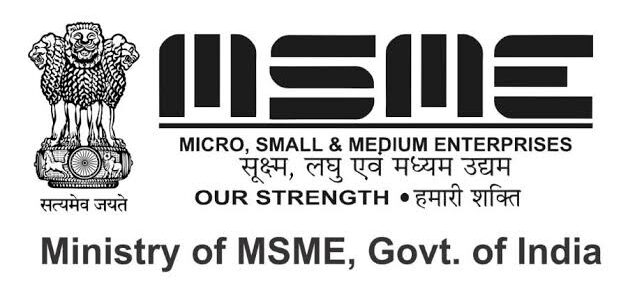In India, proprietorship businesses, though not distinct legal entities separate from their owners, must comply with various laws and regulations related to accounting and bookkeeping. These regulations ensure transparency, accountability, and accuracy in financial reporting, which is crucial for tax compliance and overall business management. This article explores the key laws and standards governing accounting and bookkeeping for proprietorship businesses in India.
1. Income Tax Act, 1961
The Income Tax Act, 1961 is the primary legislation governing income tax in India. For proprietorship businesses, it mandates the maintenance of proper books of accounts and other relevant documents. Key provisions include:
- Section 44AA: This section specifies the requirements for maintaining books of accounts. Proprietors engaged in certain professions (such as legal, medical, engineering, architectural, accountancy, technical consultancy, interior decoration, and other notified professions) must maintain prescribed books of accounts if their gross receipts exceed ₹1,50,000 in any of the three preceding years. For businesses, if the turnover or gross receipts exceed ₹25,00,000 or the income exceeds ₹2,50,000 in any of the three preceding years, maintaining books of accounts is mandatory.
- Section 44AB: This section requires certain proprietorship businesses to get their accounts audited. If the turnover exceeds ₹1 crore (₹2 crore for businesses under presumptive taxation scheme under Section 44AD), an audit is mandatory. For professionals, if gross receipts exceed ₹50 lakh, an audit is required.
- Presumptive Taxation Schemes: Sections 44AD, 44ADA, and 44AE provide simplified tax compliance for small businesses and professionals, allowing them to declare income at a prescribed rate of turnover or gross receipts. However, opting out of these schemes or declaring lower income than prescribed necessitates maintaining books of accounts and possibly an audit.
2. Goods and Services Tax (GST) Act, 2017
Proprietorship businesses registered under GST must comply with the accounting and record-keeping requirements specified in the GST Act, 2017. Key provisions include:
- Section 35: Every registered person must maintain true and correct accounts of:
- Production or manufacture of goods.
- Inward and outward supply of goods or services.
- Stock of goods.
- Input tax credit availed.
- Output tax payable and paid.
- Rule 56: Specifies the details to be maintained in the books of accounts, including records of purchases, sales, stock, and input tax credit.
- Retention Period: Books of accounts and other records must be retained for six years from the due date of filing the annual return for the year to which the records pertain.
3. Companies Act, 2013
Though primarily applicable to companies, certain provisions of the Companies Act, 2013 are relevant for proprietorships opting to convert into limited liability partnerships (LLPs) or private limited companies. The Act lays down comprehensive guidelines on accounting standards, financial statements, and audits, which such proprietorships must adhere to post-conversion.
4. Accounting Standards
The Institute of Chartered Accountants of India (ICAI) issues Accounting Standards (AS) applicable to all types of entities, including proprietorships, to ensure consistency and comparability in financial reporting. Key standards relevant to proprietorships include:
- AS 1: Disclosure of Accounting Policies.
- AS 2: Valuation of Inventories.
- AS 9: Revenue Recognition.
- AS 10: Accounting for Fixed Assets.
- AS 18: Related Party Disclosures.
While small and medium-sized enterprises (SMEs) have certain exemptions, proprietorships should strive to comply with these standards to the extent possible for better financial management and transparency.
5. The Indian Partnership Act, 1932
For proprietorships converting into partnerships, The Indian Partnership Act, 1932 becomes relevant. The Act requires maintenance of proper books of accounts for the partnership, recording all financial transactions, contributions, distributions, and other relevant activities.
Importance of Compliance
Maintaining proper books of accounts is not just a legal requirement but also a critical aspect of effective business management. Accurate and up-to-date financial records help proprietorships in:
- Tax Compliance: Ensuring timely and accurate filing of income tax returns, GST returns, and other statutory filings.
- Financial Analysis: Understanding the financial health of the business through profit and loss statements, balance sheets, and cash flow statements.
- Audit Preparedness: Facilitating smooth audits by ensuring all financial transactions are well-documented and easily traceable.
- Loan Applications: Supporting applications for loans and credit facilities with credible financial records.
Conclusion
Proprietorship businesses in India must adhere to various laws and standards related to accounting and bookkeeping to ensure compliance with tax regulations and other statutory requirements. Engaging professional accountants or chartered accountants can help proprietorships maintain accurate financial records, comply with legal requirements, and focus on business growth. By understanding and adhering to these laws, proprietorships can ensure their financial practices are robust, transparent, and aligned with regulatory expectations.












